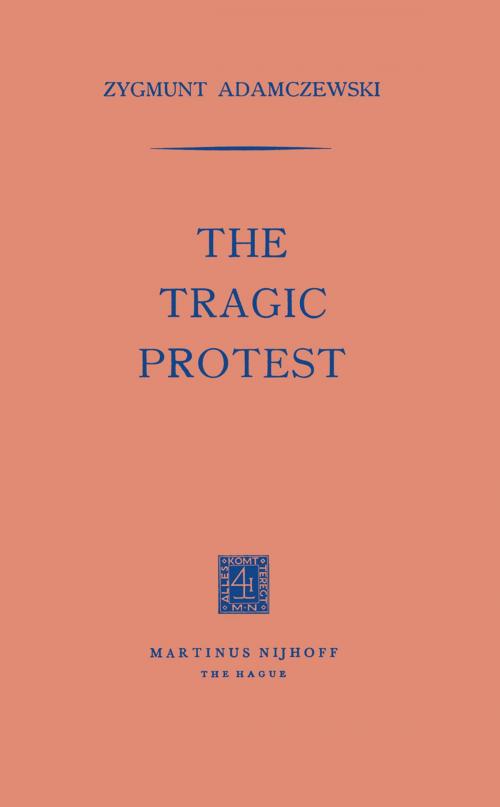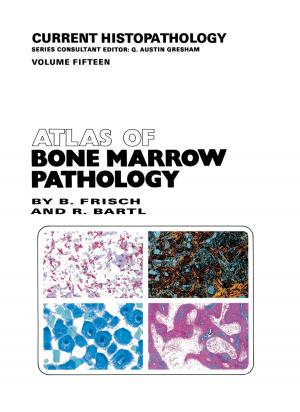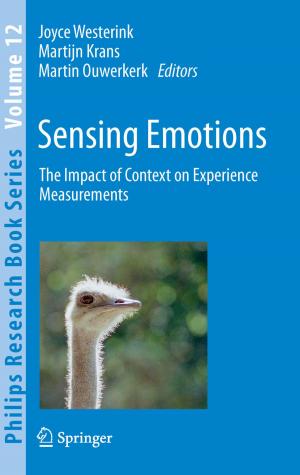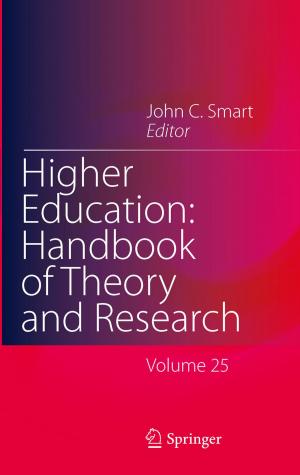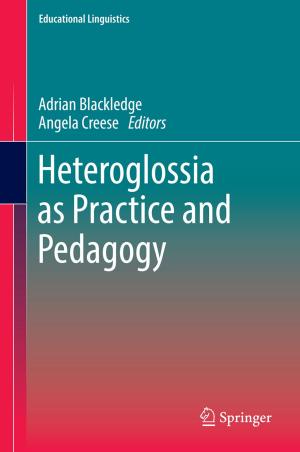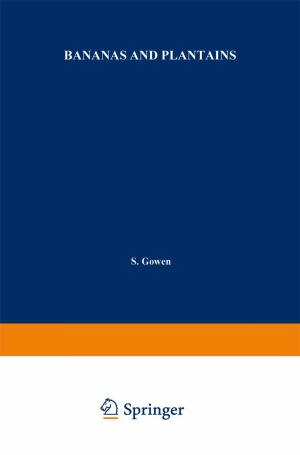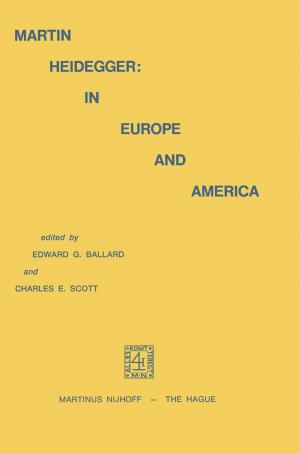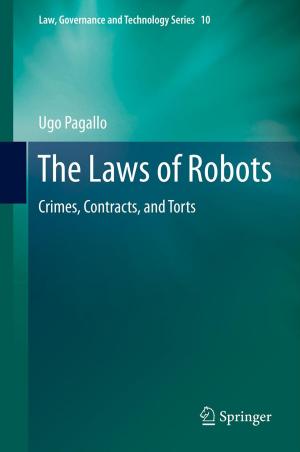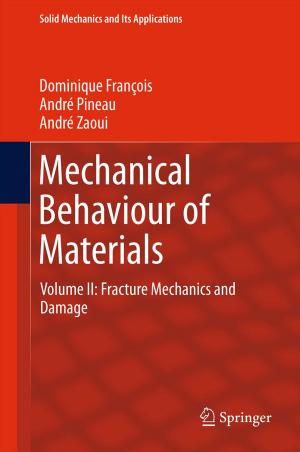| Author: | Zygmunt Adamczewski | ISBN: | 9789401195560 |
| Publisher: | Springer Netherlands | Publication: | December 6, 2012 |
| Imprint: | Springer | Language: | English |
| Author: | Zygmunt Adamczewski |
| ISBN: | 9789401195560 |
| Publisher: | Springer Netherlands |
| Publication: | December 6, 2012 |
| Imprint: | Springer |
| Language: | English |
is, what has been said already says that no anticipations of aesthetic theory are in place here. When research stays on the level of primitive imagination, prior to the distinction between real and unreal, to merge art with life, it cannot serve as guideline for thoughts on what is distinctive within art. No canons of composition can be forthcoming, even the very concept of composition, implying a composer, must remain inadmissible; since, unlike the one of tragic art, the composer of tragic life will be here in question. No analysis of form need be expected, and when a form of vision is described, it will not be what artistic critics are used to dissect. Purely aesthetic instruments, such as plot, contrast, harmony, proper pitch, likene3s, recognition, com pleteness, will be of no use and no relevance at all. And it hardly need be mentioned that the age-fortified classification of artistic kinds remains strictly out of bounds. Here is perhaps the proper place to introduce a stylistic apology. I t is clear to everyone with a neat sense of seemliness in language that the use of unattached adjectives is very awkward in English. No one reading these paragraphs can be blamed for fidgeting when molested again and again with "the tragic" instead of "tragedy. " The excuse has perhaps transpired in the preceding passage.
is, what has been said already says that no anticipations of aesthetic theory are in place here. When research stays on the level of primitive imagination, prior to the distinction between real and unreal, to merge art with life, it cannot serve as guideline for thoughts on what is distinctive within art. No canons of composition can be forthcoming, even the very concept of composition, implying a composer, must remain inadmissible; since, unlike the one of tragic art, the composer of tragic life will be here in question. No analysis of form need be expected, and when a form of vision is described, it will not be what artistic critics are used to dissect. Purely aesthetic instruments, such as plot, contrast, harmony, proper pitch, likene3s, recognition, com pleteness, will be of no use and no relevance at all. And it hardly need be mentioned that the age-fortified classification of artistic kinds remains strictly out of bounds. Here is perhaps the proper place to introduce a stylistic apology. I t is clear to everyone with a neat sense of seemliness in language that the use of unattached adjectives is very awkward in English. No one reading these paragraphs can be blamed for fidgeting when molested again and again with "the tragic" instead of "tragedy. " The excuse has perhaps transpired in the preceding passage.
